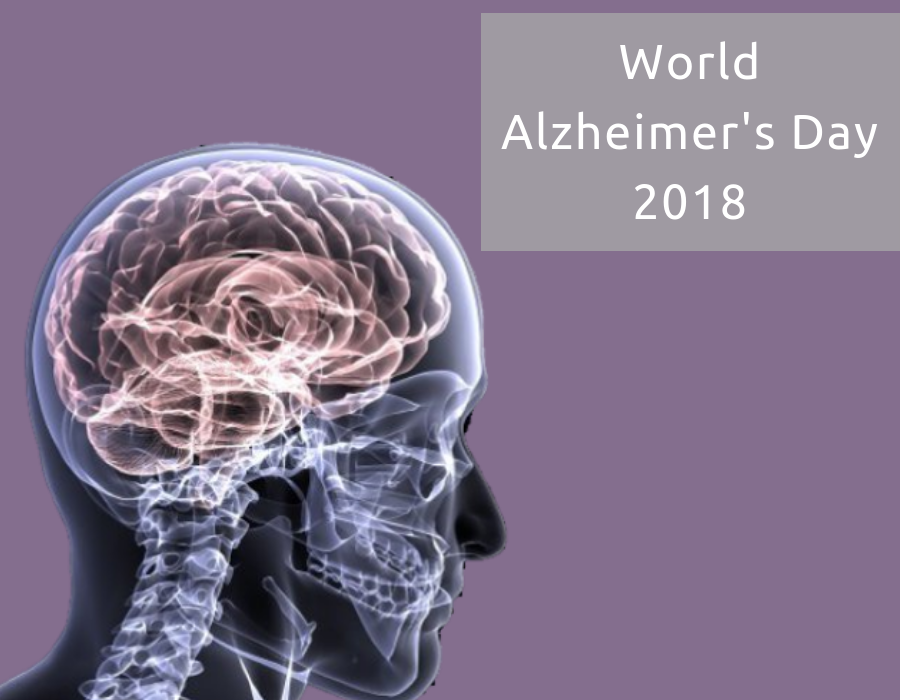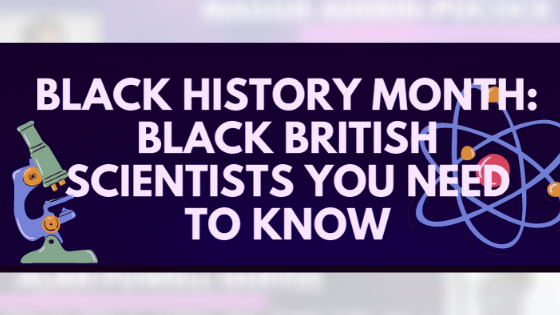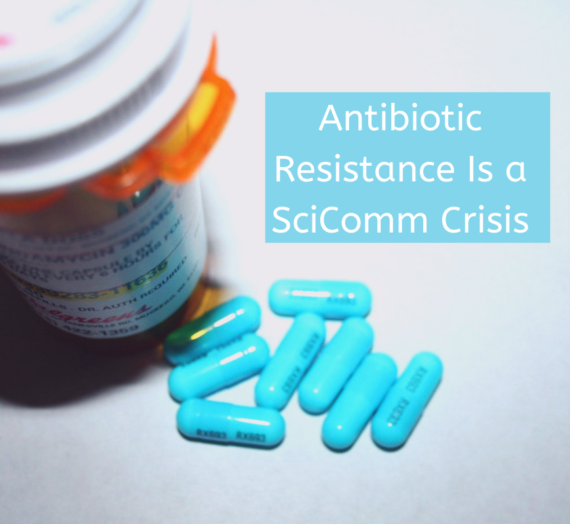Roisin Conneely
September is World Alzheimer’s Month, and an international awareness day occurs on the 21st of the month every year. To mark the day, we’ve compiled some information about the disease, the risk factors, treatments and future research to help you understand Alzheimer’s a little better.
What is the difference between Alzheimer’s and dementia?
The two terms often get confused and are sometimes used interchangeably. Dementia is actually a general, umbrella term to describe a set of disorders which cause symptoms such as memory loss, impaired cognitive function and other behavioural changes. Alzheimer’s is one of these diseases, but several other conditions can also lead to the loss of brain function associated with dementia, for example, vascular dementia, dementia with Lewy bodies, Creutzfeldt-Jakob disease, as well as HIV-induced cognitive impairment.
Many people assume that dementia is a natural part of ageing – it is NOT
What is Alzheimer’s disease?
Alzheimer’s disease was first described in 1906 by a German pathologist and psychiatrist, Alois Alzheimer. It is a neurodegenerative disease which worsens gradually over time, causing symptoms such as short-term memory loss, disorientation, language problems, mood swings, and other behavioural symptoms. Eventually, bodily functions are lost and the disease leads to fatality.
What causes the diseases?
The short answer is – no one knows for sure.
The long answer is a little more complicated. The pathology of the disease appears to be due to an abnormal build-up of proteins in the brain, which causes damage to neurones, a decrease in certain neurotransmitters, and even shrinkage of areas of the brain.
One of the key proteins involved in Alzheimer’s pathogenesis is amyloid-beta. Within the membranes of neurones in the brain, lies a protein known as amyloid precursor protein (APP). The protein extends from the inside of the cell to the outside (having extracellular and intracellular domains) and is believed to be involved in neuronal growth and repair. When the time comes for this molecule to be broken down, certain enzymes come along to facilitate this process; alpha-secretase and gamma-secretase, which break the protein down into a soluble molecule which can be removed and recycled.


However, if a different enzyme, beta-secretase, gets involved, the protein ends up being sliced at the wrong point, forming an insoluble molecule which doesn’t get broken down so easily; amyloid-beta. Monomers of amyloid-beta tend to clump together and form plaques around neurones. These plaques cause problems for neuronal communication, leading to symptoms such as memory loss, as well as prompting an immune response in the brain which can cause inflammation and further damage.

Tau is another protein involved in Alzheimer’s disease. Normally, tau is involved in stabilising axonal microtubules; important parts of the structural “skeleton” of nerve cells. However, in certain circumstances, for example, if tau gets mutated, it can become overactive, and form neurofibrillary tangles which stretch throughout the brain and interfere with axonal transport, leading to neurone death.
What are the risk factors for the disease?
- The biggest risk factor for Alzheimer’s is ageing. Whilst the disease is NOT an inevitable part of ageing, and as yet we cannot stop the clock or turn back time, being aware that after the age of 65, the risk of Alzheimer’s doubles every 5 years, can help in keeping an eye out for signs and symptoms.
- There is also a link between brain injury and increased risk of Alzheimer’s. Those who have a history of head injury from contact sports such as rugby may therefore be at higher risk.
- Heavy drinking may also increase the risk of Alzheimer’s and other forms of dementia by damaging brain cells. Recent research has also indicated that alcohol consumption may influence genes involved in the regulation of inflammation in the brain, which may also play a role in the development of the disease. Other lifestyle factors, for example, cigarette smoking, have also been linked to Alzheimer’s disease
What treatments are available?
The primary problem in treating Alzheimer’s is the difficulty in diagnosing it; the only way to 100% prove that a person has the disease is to take a brain biopsy…after death, which is not ideal. Cognition tests to asses memory and other skills can be carried out if the disease is suspected, but it is difficult to rule out other causes of dementia.
So far, no cure exists for the disease, but some medications are available which may help in managing symptoms.
- Cholinesterase inhibitors are a common type of drug prescribed for those suffering from Alzheimer’s disease. There are three types available: donepezil, rivastigmine and galantamine. They work by inhibiting cholinesterases, enzymes which break down a neurotransmitter called acetylcholine. People with the disease tend to have low levels of acetylcholine, which is important in neuronal communication and memory, hence, reducing the amount of it which gets broken down, may help to manage these symptoms.
- Memantine is another type of drug which can be used for Alzheimer’s treatment. It belongs to a class of drugs known as N-methyl-D-aspartate (NMDA) receptor antagonists, and it targets a neurotransmitter called glutamate. High levels of glutamate is found in the brains of Alzheimer’s patients, which causes problems as it can stick to receptors in the brain and cause damage by allowing excessive levels of calcium to enter neuronal cells. Memantine is a receptor antagonist, which means it acts to block the interactions between glutamate and its receptor, limiting the damage caused by excess calcium transmission.
What does the future hold?
There is lots of research into Alzheimer’s disease which hopefully will one day lead to a cure. Here are some of the areas which are currently being studied:
- Neuroinflammation: Whether anti-inflammatory drugs may have a role to play in either prevention or treatment, plus the roles of autoantibodies in clearing plaques of tau and amyloid-beta
- Vitamins: Studies have already shown that vitamin E can slow the progression of the disease, further research will look into vitamin E or other vitamins may prevent or halt the disease.
- Estrogen: Research examining whether estrogen may reduce the risk of Alzheimer’s or delay progression
- Ginko bilboa: There is evidence that extracts from the leaf of the ginko tree may be useful in treating some symptoms
These are just some of the potential leads that researchers are following, and further research is needed before any of them become treatments or can be hailed as a “cure”.
How can I help?
The number one way to help anyone with Alzheimer’s disease is to get educated about the disease. Understanding how the disease progresses, the symptoms it can cause and the risk factors is the best way to help anyone suffering from the disease to feel less alone, as well as helping yourself to be aware of how changing your own lifestyle may help to reduce your risk.
There are lots of charitable organisations around the UK and overseas which you can get involved with if you’d like to help the fight against Alzheimer’s. Volunteering, whether in a charity shop, for a clinical trial, or even on a dementia ward as a befriender (as our very own Arzo Iqbal does regularly) is a great way to support those suffering from Alzheimer’s, both directly and indirectly. Check out these links for some more information: https://www.alzheimers.org.uk/get-involved, https://www.alz.org/get_involved
If you know someone who is suffering from the disease, here are some resources to help you support them:
- https://www.nia.nih.gov/health/managing-personality-and-behavior-changes-alzheimers
- https://careconversations.org/understanding-alzheimer%E2%80%99s
- https://www.alzheimers.net/caring-for-someone-with-dementia/
- https://www.alzheimers.org.uk/get-support/help-dementia-care/caring-for-person-dementia
References:
- https://www.alzheimers.org.uk/about-dementia/types-dementia
- https://www.alzheimersresearchuk.org/about-dementia/helpful-information/treatments-available/
- https://www.medicalnewstoday.com/articles/322037.php
- https://www.ncbi.nlm.nih.gov/pmc/articles/PMC4098701/
- https://www.dementia.org.au/files/helpsheets/Helpsheet-DementiaQandA03-Memantine_english.pdf
Don’t forget to follow us on Twitter and Instagram, and let us know if you have any questions or comments!




